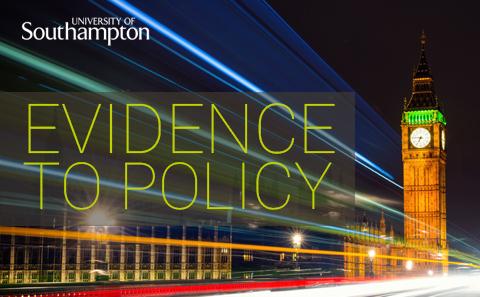
More from Evidence to Policy
Discover more tales from the nexus of policymaking and evidence
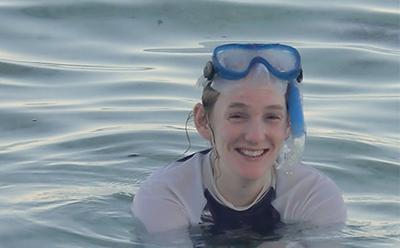
Much of my research into coastal engineering and climate change is policy relevant, but I have few opportunities to understand the impact that it has on policy makers. The Royal Society’s Pairing Scheme gives scientists a chance to experience the world of the policy maker, by spending a week in Westminster with a MP, member of the House of Lords or civil servant. I was keen to be placed in a department that had direct relevance to my research, so I was paired with Mr Rory Stewart, Minister of State in the Department for International Development.
My week began with an amazing tour of the Houses of Parliament, including the House of Commons and the House of Lords. The first fact they told us was the parliament has eight bars, and the second that the average age of those in the House of Lords is 70! During the day, we were informed how legislation is generated in the Commons and Lords, how scientific information is gather and disseminated (such as the House of Commons Library and POST notes) or offered as policy advice (such as expert witnesses on Select Committees) to MPs.
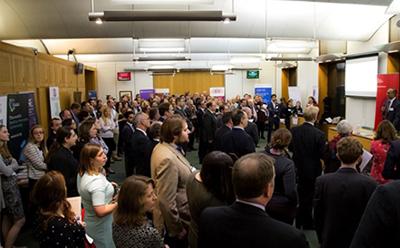
During this time, I met Sir Desmond Swayne MP for New Forest West, who will be visiting the University of Southampton for him to gain a better knowledge of the science we do.
On the second day, I spent the morning shadowing Mr Stewart. This gave me a greater appreciation of the diversity of work that DFID undertakes, and the important impact DFID has on livelihoods to some of the world’s poorest and most vulnerable people. I also found synergies with my own research, and this allowed me to recognise that more science goes into policy making than I originally thought. It also made me realise how hard people in the department work supporting the Minister in his role.
Mr Stewart was giving a speech in the House of Commons in the afternoon, and I listened to him practice his speech, with colleagues providing feedback. Like an academic talk, there was much fine-tuning to deliver a clear, accurate message, bringing in scientific or other factual evidence where necessary. In the afternoon, I listened to the government’s Commonwealth Development Corporation Bill in the House of Commons where Mr Stewart gave his speech. Broadly, all members were in favour of the Bill, but the opposition were particularly keen for amendments, so this was debated.
The following day I talked with a member of DFID staff who is responsible for UK overseas territories eligible for Overseas Development Assistance (Montserrat, Pitcairn and St Helena). DFID supports them through strategic investments for growth, so that it provides maximum impact and value for money, and reasonable assistance needs (e.g. to run public services). I found this particularly interesting, as there were parallels to my own research in small islands, as development is particularly challenging in islands due to their size and remoteness.
On my final day, the Government Office for Science explained how science fits into government by giving clear and transparent advice (e.g. through Foresight reports), regardless of which political party is in power. Their new science strategy also supports a vision of making science and engineering at the heart of government decision making, meaning that science is taken very seriously in the government at all levels.
Overall, I found the Royal Society’s scheme a unique and wonderful opportunity to experience the links between science and policy, and have been very grateful to the Royal Society, DFID, Mr Stewart and Sir Desmond who enabled me to take part.
Sally is Senior Research Fellow specialising in coasts and sea-level rise within Engineering and the Environment at the University of Southampton. She is interested in coastal geomorphology, the impacts of sea-level rise on a range of settings and climate change adaptation at local to global scales
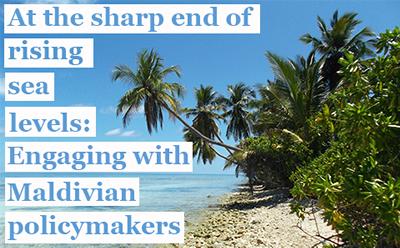

Discover more tales from the nexus of policymaking and evidence
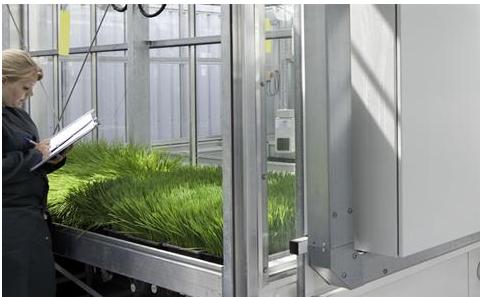
Find out more about the projects Public Policy|Southampton are currently working with.